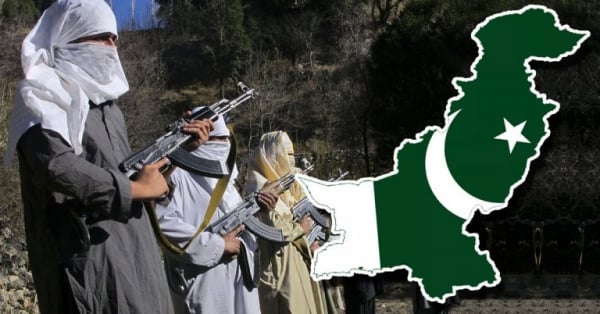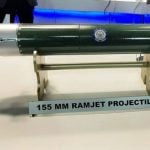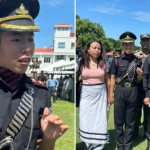India has been on the receiving end of Pakistan sponsored terrorism for decades. Right from the countries sponsoring of Khalistan movement in the ’70s, to raising active insurgencies in the Kashmir to major terror attacks on the countries financial hubs and military garrisons. India’s neighbour to the west has for over three decades persisted in maintaining a proxy war hampering India’s national interests and overall development. Before delving into the history of state-sponsored terrorism in India, it is imperative to be familiar with a few key concepts on terrorism. Globally there is no universally accepted legal definition of what constitutes to terrorism agreed by governments, law enforcement and counter-terrorism forces, the most mutually decided explanation for this 21st-century menace is that terrorism is,
‘Unlawful use of violence and intimidation, in the pursuit of political aims.’
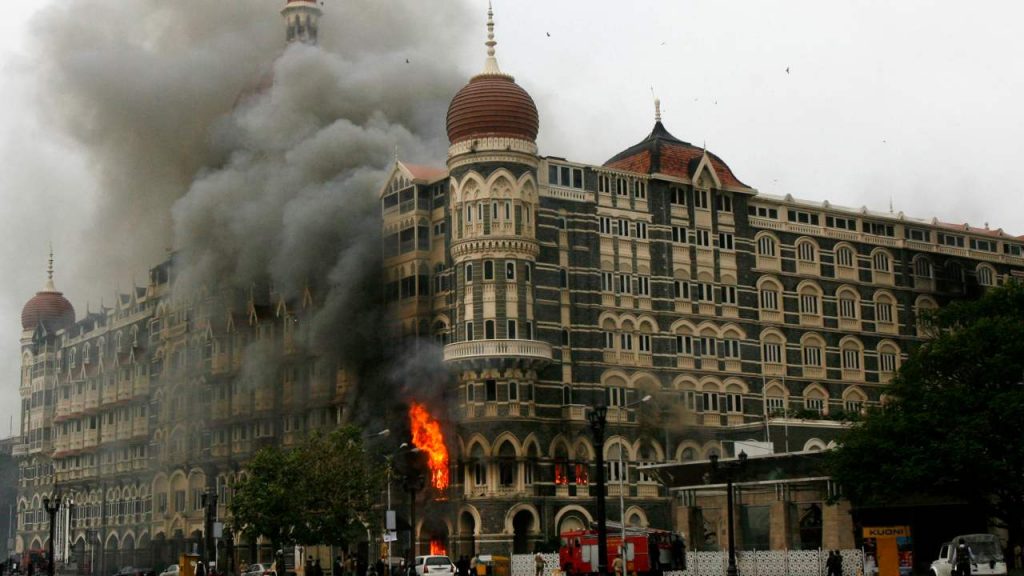
“Bleed India By A Thousand Cuts”
The seeds for terrorism in India’s hinterland were sown shortly after Pakistan’s defeat in two conventional wars. The 1965 Pakistan military offensive to capture Kashmir and Pakistan’s humiliating defeat in 1971, which carved the new nation of Bangladesh out of Pakistan. Islamabad’s crushing defeat had made a global mockery of Pakistan, with images of the Pakistani General signing the Instrument of surrender plasters on the front pages of every leading newspaper.
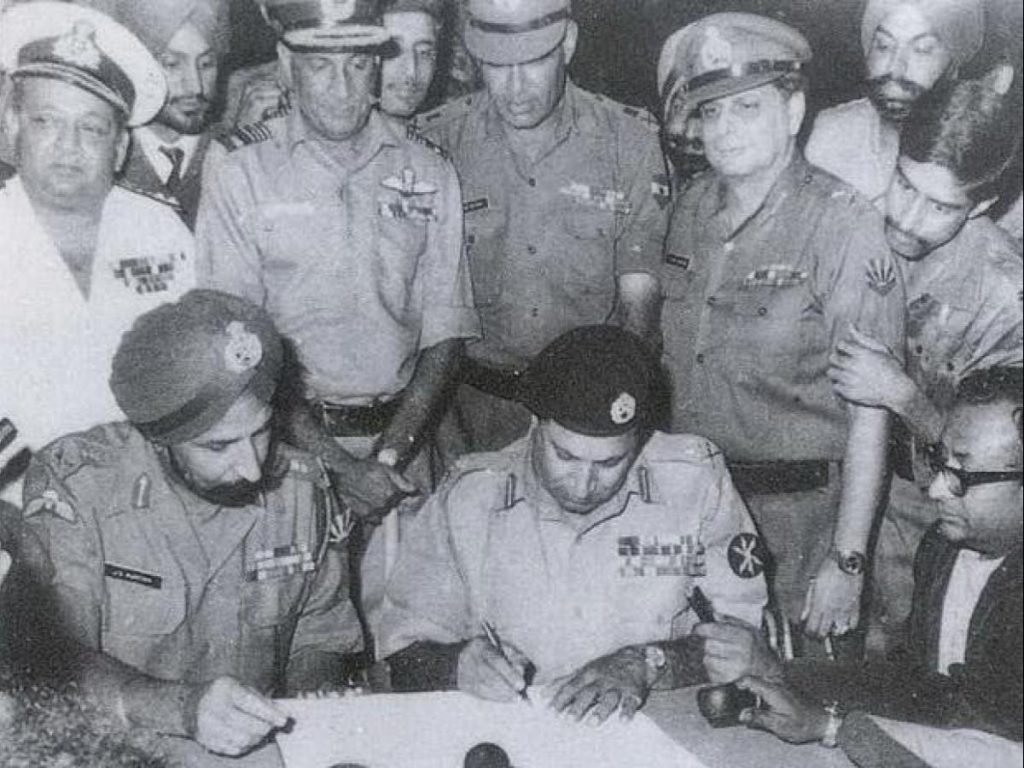
India’s 71 war with its western neighbour was the shortest war in military history lasting for only 13 days. This defeat bred an entire generation of vengeful Pakistani army officers who vowed to avenge their countries loss of face. Pakistani General Zia-Ul-Haq famously proclaimed he would “bleed India by a thousand cuts.” It was the general’s nefarious vision which best explains the scourge of terrorism today.
Waging A War By Proxy
A proxy war is a conflict instigated by opposing powers who do not fight against each other directly. Instead, they use third parties (Non state actors) to do the fighting for them. Pakistan realised that it would be near impossible to beat India in a conventional conflict (military on military) thus had shifted their focus into designing a strategy for a dirty war, using non-state actors.
What Are Non-State Actors?
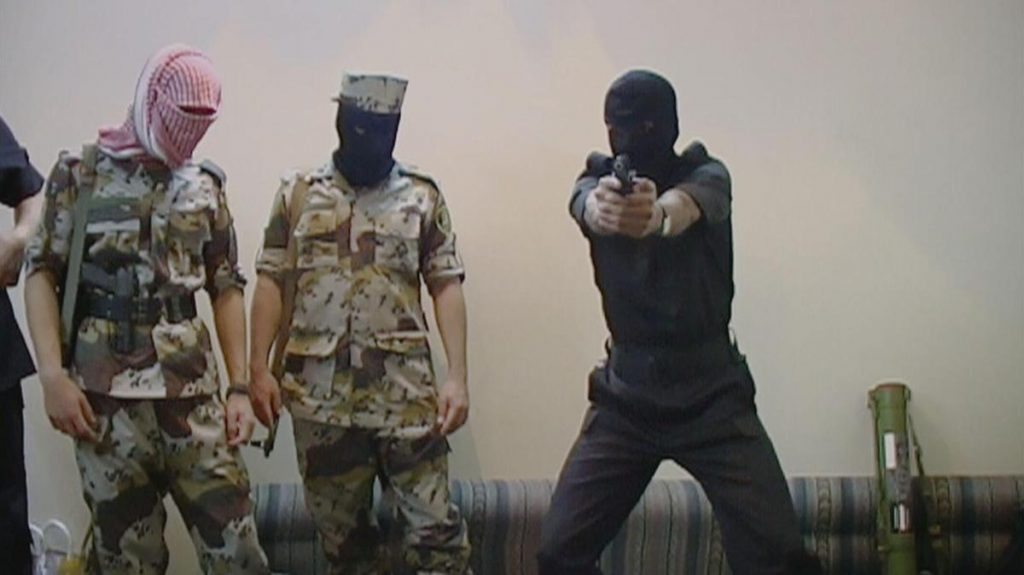
Non-State actors an individual or organization that has significant political influence but is not allied to any particular country or state. These groups are often leveraged in unconventional warfare as proxies, giving the sponsoring nation or group a level of deniability in its involvement in the actions of their non-state actors.
Khalistan And Kashmir: The ISI’s Insurgency Strategy
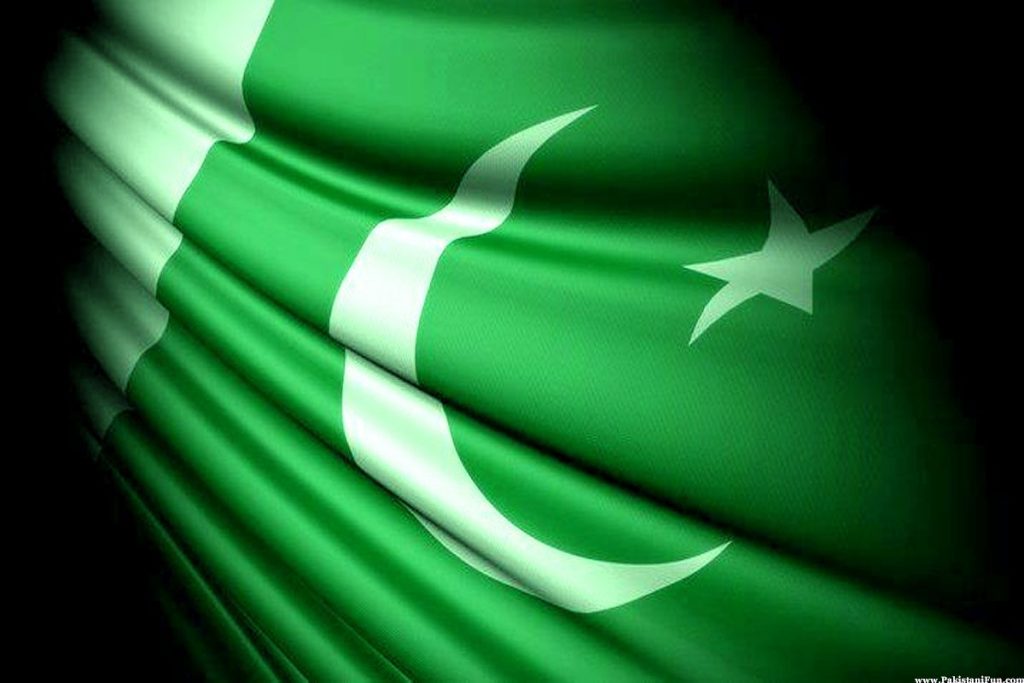
Propping Up The Khalistan Movement
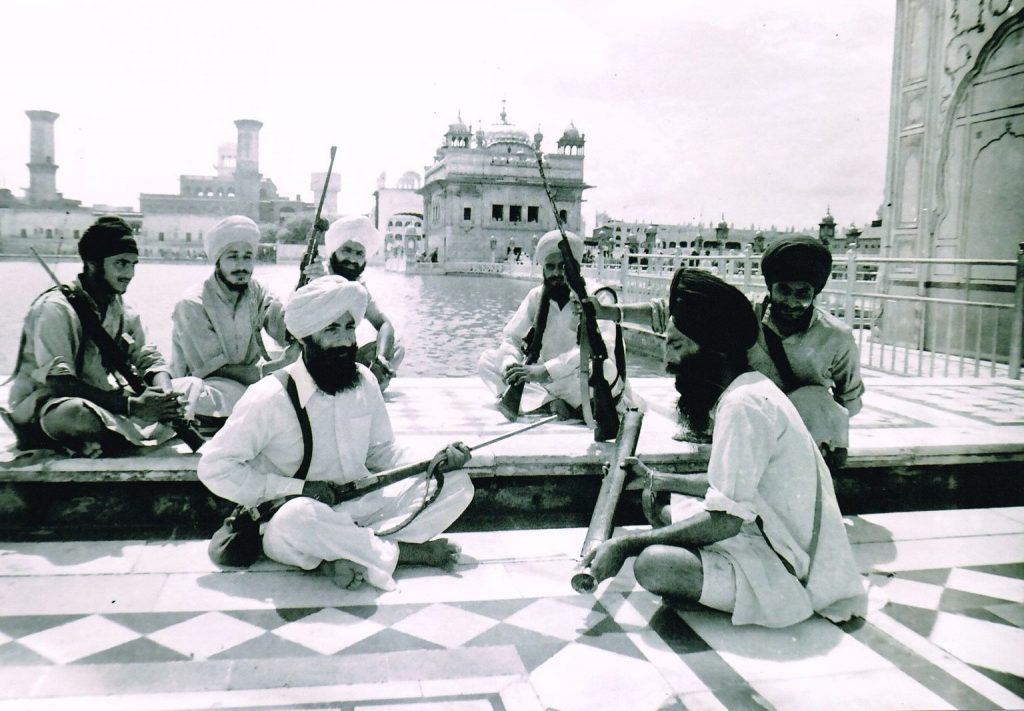
The Pakistani Inter-Services Intelligence (ISI), which is the countries premier external intelligence agency, had launched a notoriously deadly scheme by the name of K2. Under this design, the ISI organised and further fuelled two largescale insurgencies. Beginning with the Khalistan movement in Punjab, and the continuing militancy in the erstwhile state of Jammu and Kashmir (J&K). The Khalistan movement which had spiralled out of control in the ’80s is considered to be one of the deadliest terrorist movements in the history of the country. The strategic objectives of the Khalistan militancy as envisioned by the ISI was to create a buffer state between Kashmir and India, by the development of the independent Sikh nation of Khalistan. The second phase of K2 was to instigate an internal revolution in the valley, leveraging perceived communal sentiments to take control of the Kashmir valley.
Khalistan Thwarted
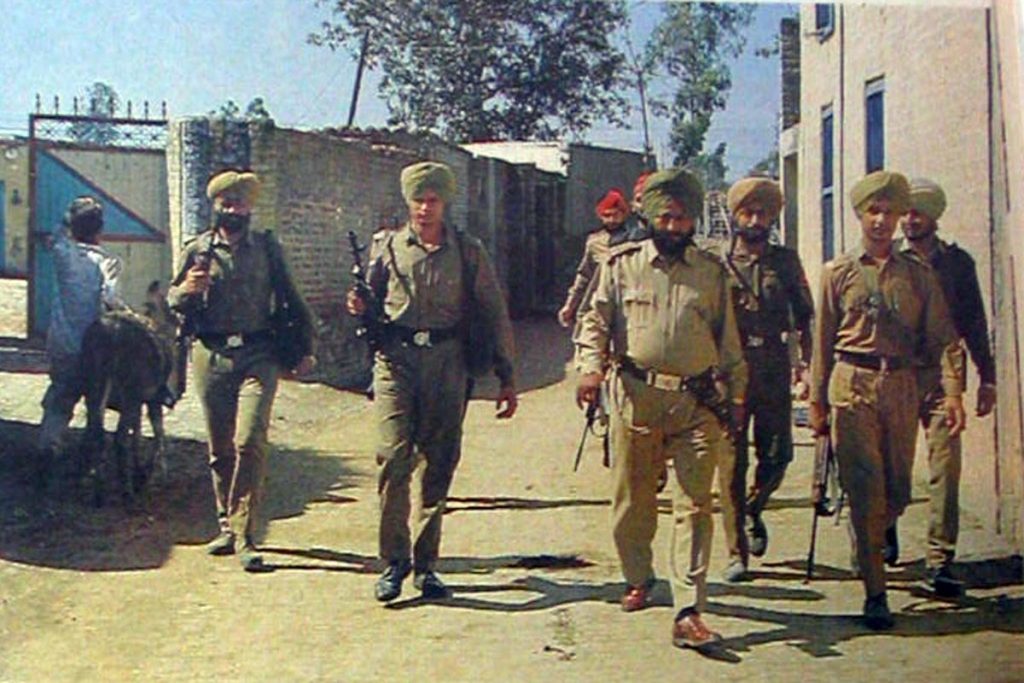
After a lot of trials, errors and human cost, the Indian army and the Punjab police were finally able to eliminate the Khalistan movement with the final assault neutralising Bhrindenwala in the infamous ‘Operation Bluestar’ which led to the desecration of the iconic golden temple, resulting in the assassination of former Prime Minister Indira Gandhi.
Moving On To Kashmir
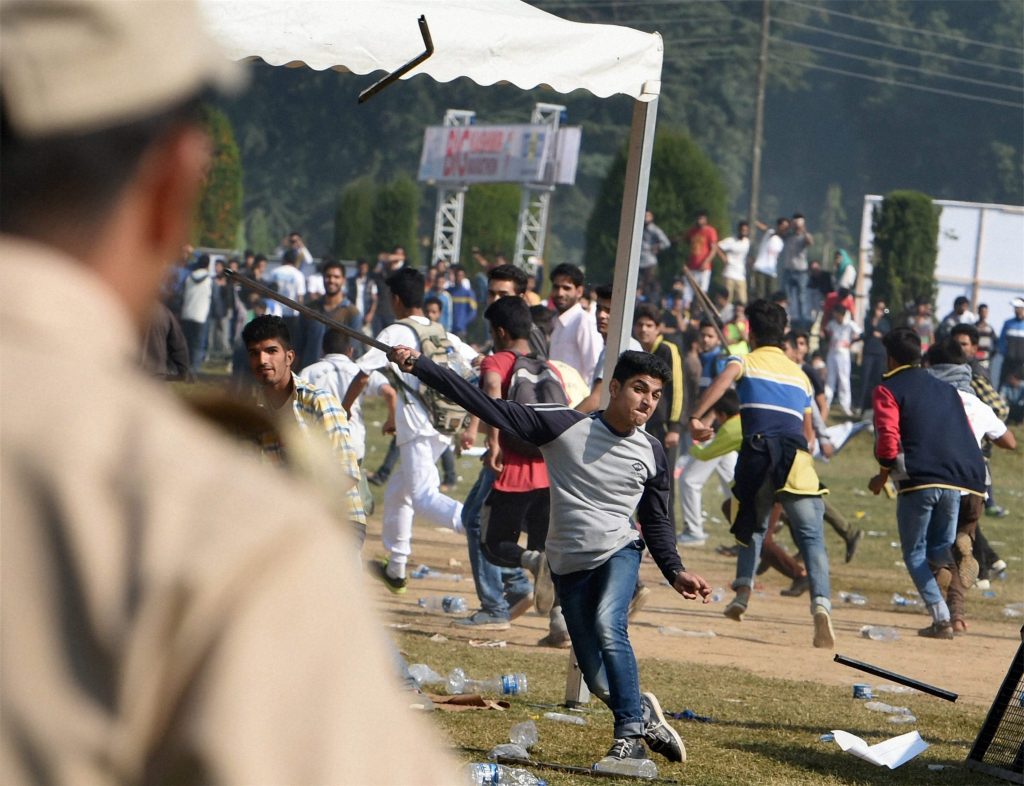
The Pakistani deep state learning from their mistakes in the management of their Khalistan operation made strategic adjustments in their organisation of the militancy in Kashmir. In its second war by proxy, Islamabad mobilised highly motivated, well trained and experienced Mujahideens (warriors of god) who were fighting the Soviets in Afghanistan during the cold war, into the Kashmir valley. with the objective of tieing down the security forces for the eventual succession of J&K into Pakistan.
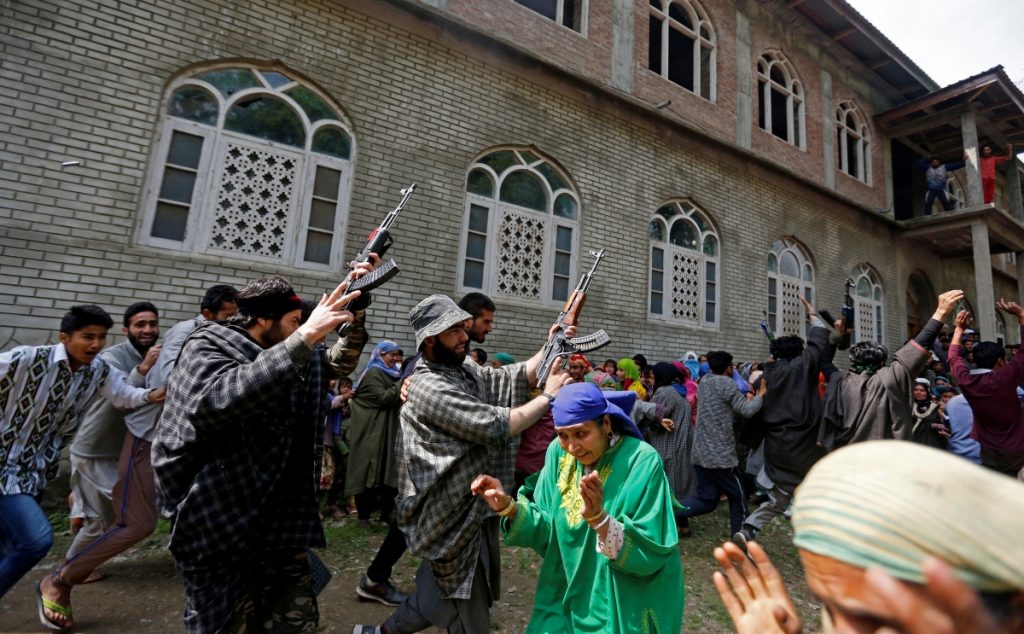
Pakistan’s Proxies,
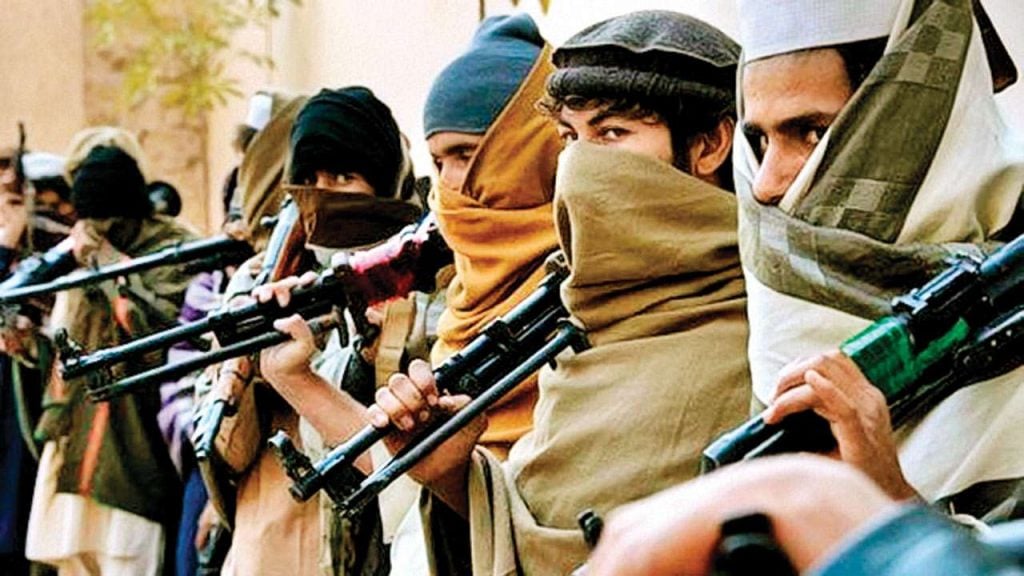
Pakistan has for over three decades, funded, trained armed and directed several militant factions within the valley, such as the dreaded Lashkar-e-Taiba (LeT) Jaish-e-Mohammad (JeM), Hizbul Mujahideen among several other small scale militant factions. These groups often have different goals; however, they remain united by Pakistans tacit support. The use of proxies allows Pakistan to maintain plausible deniability in violently destabilising their neighbour. It is also a cost-effective strategy which does not put their regulars (soldiers) in harm’s way. A large-scale loss of military life would make them answerable to their people.
Proxy Warfare, Low Cost, Strategic Effects
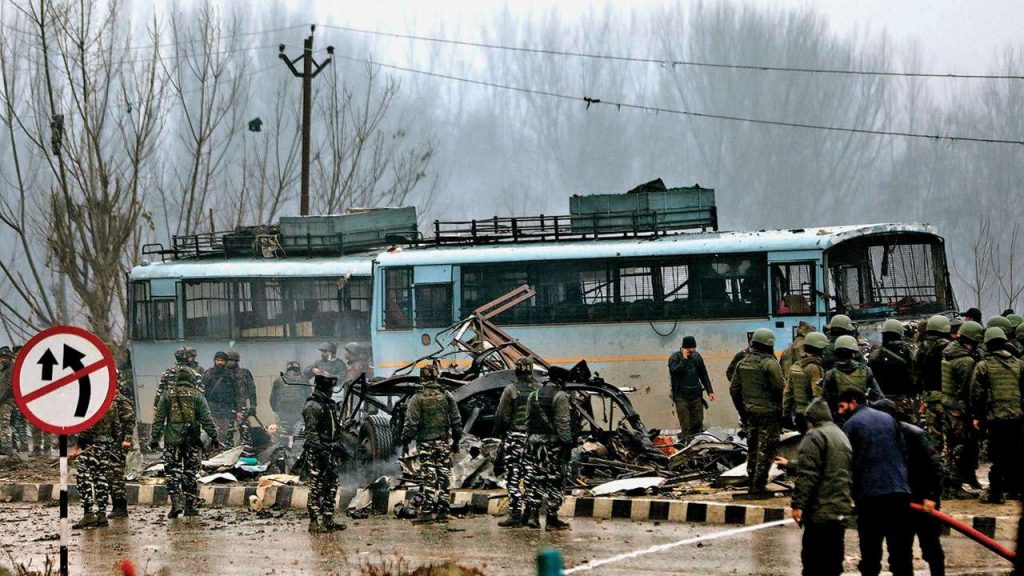
Utilising militants do not incur the enormous cost which comes along with deploying the military, the compensations paid to the families of deceased militants are nowhere close to what the Pakistani state would have to pay the families of their service personnel if they were to lay down their life rendering national service. This elaborate strategy by India’s western neighbour has served them well, managing to achieve significant results at a minimal cost.
Leveraging Internal Disputes
The ISI has also taken advantage of almost all of India’s domestic disputes. Student based terror outfits such as the Students Islamic Movement of India (SIMI) for example was established in the late ’70s in Aligarh to organise communally charged student protests, taking radical postures against domestic issues. Events such as the Ayodhya dispute, the Godhra Riots have been leveraged by the ISI’s proxies expedite online radicalisation and domestic recruitment and indoctrination, carried out in madrasas within tier 1 cities in India. The Pakistan sponsored dreaded terrorist group, Indian Mujahideen (IM) was built up in India from scratch by recruiting dissuaded youth from the mainland.
Transnational Terrorism
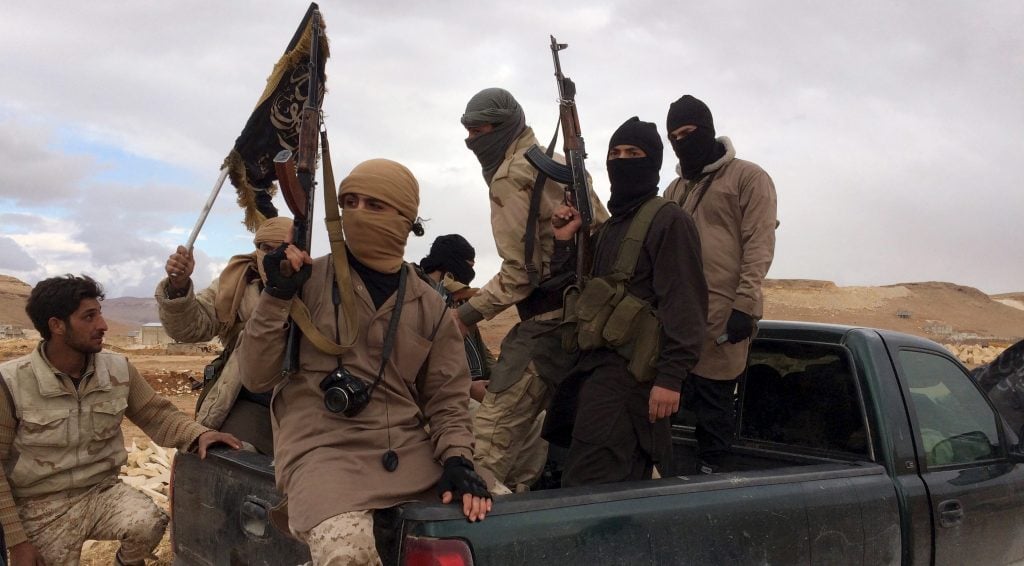
According to leading Internal security experts, hinterland terrorism in India is often aided by the porous land borders of neighbouring countries. This phenomenon is referred to as transnational terrorism. Cross-border terrorism plays a crucial part in the Pakistani Deep states ‘death by a thousand cuts’ agenda. The country provides military-grade weapons and training to impressionable youth before sending them through the Nepal border or the Line of Control (their infiltration is aided by heavy shelling fired by artillery units of the Pakistan army) to carry out fidayeen style suicide attacks.
An Emerging Threat, No Comprehensive Strategy
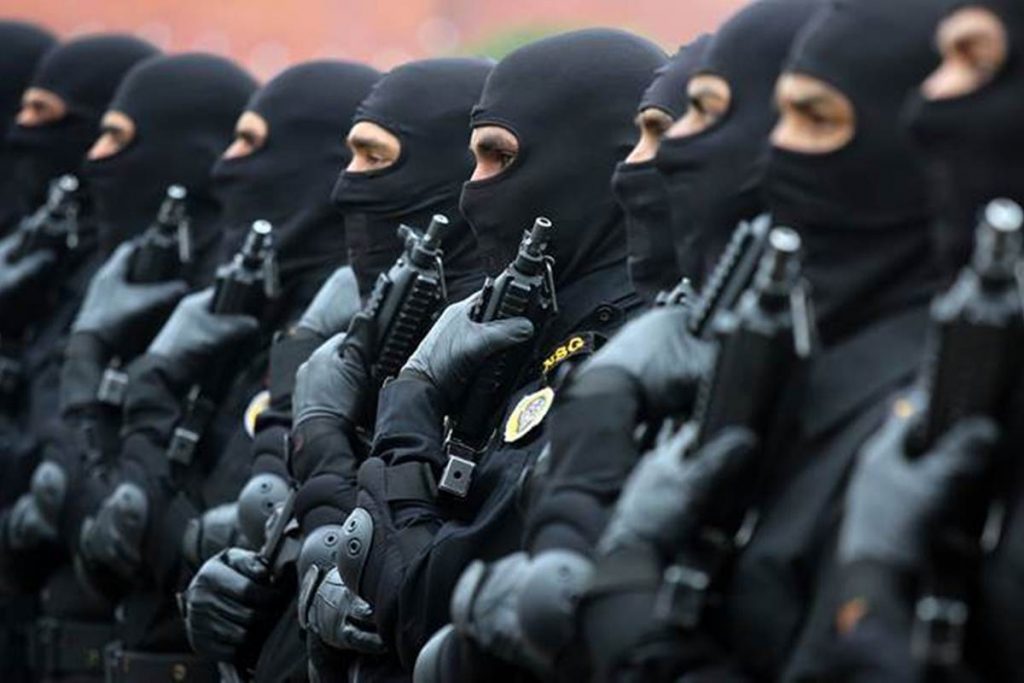
There have been over 180 terror groups operating in India in the past two decades with over 750 people killed while countless other injured in terror attacks since 2005. The counter-terrorism efforts in India until recently have been docile. Despite the 2016 Uri Attacks and the 2019 Pulwama attacks having prompted proactive retaliation, a decisive counter-terrorism strategy is still missing in our overall security planning. The country’s premier counter-terror responses have been responsive rather than preemptive. India’s premier counter-terror units have been bogged down with trivial VVIP security duty rather than being allowed to focus on the mission profile they have extensively trained. A significant overhaul is needed in the countries understanding and response to terrorism before more people unnecessarily lose their lives to this growing epidemic.

